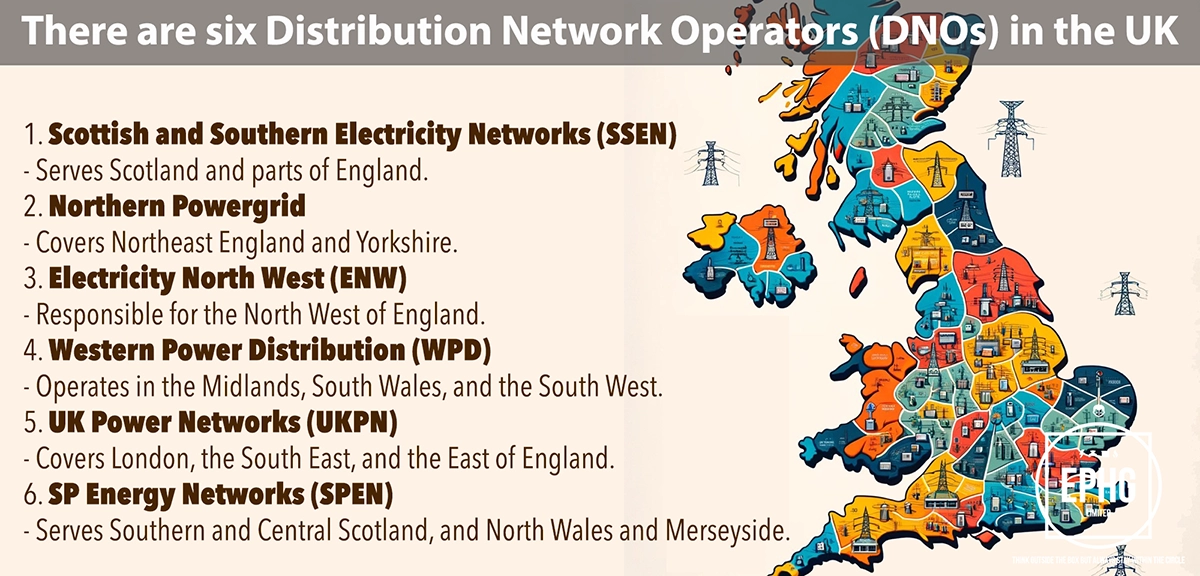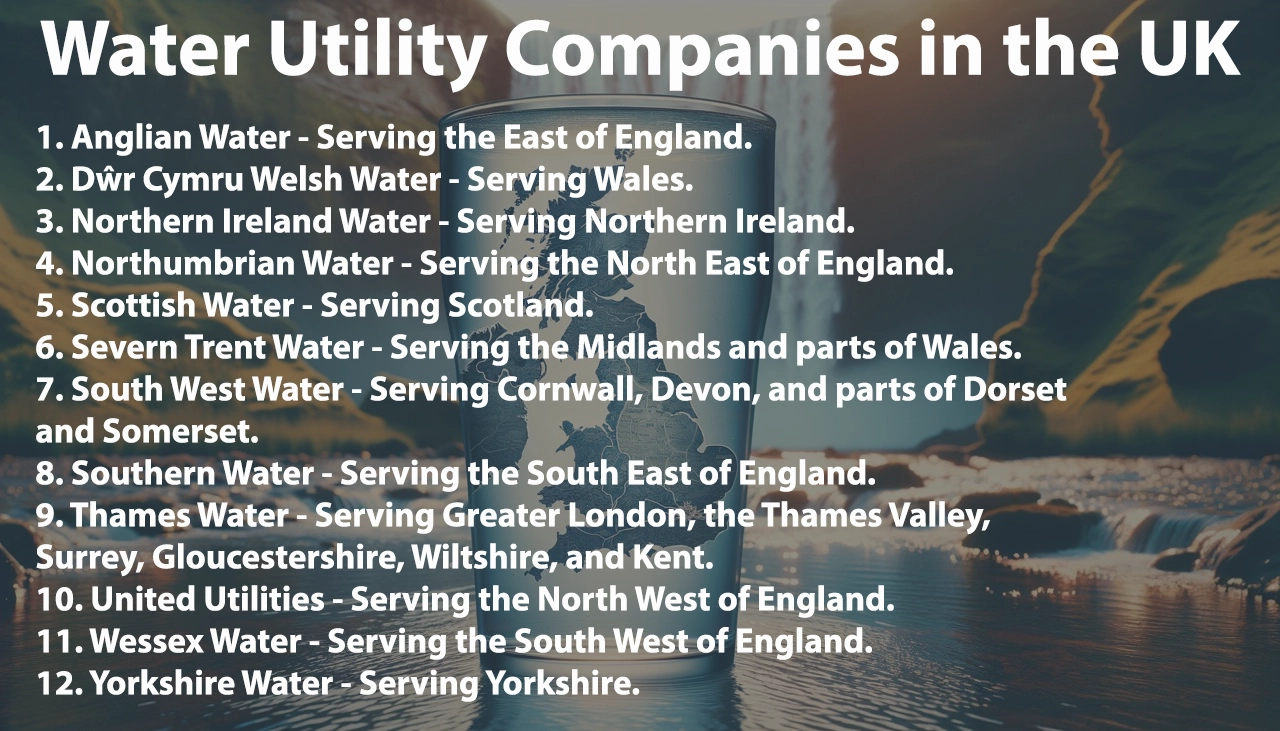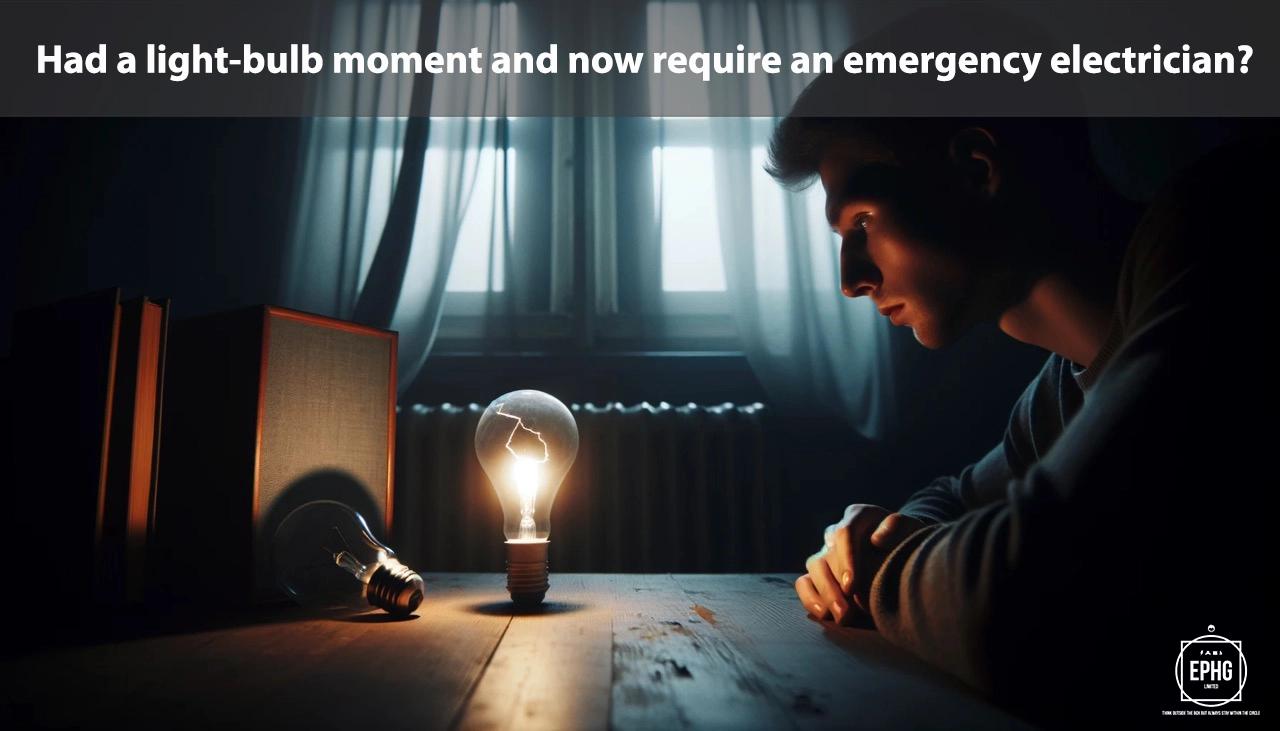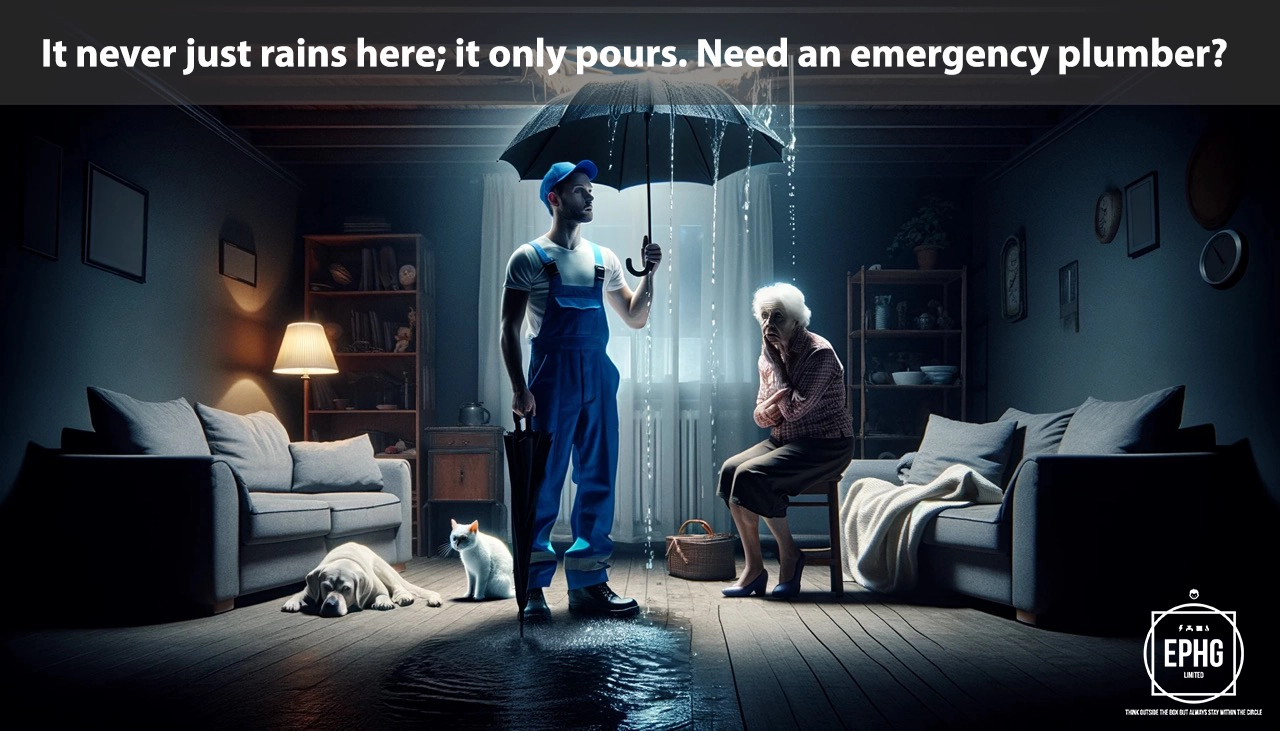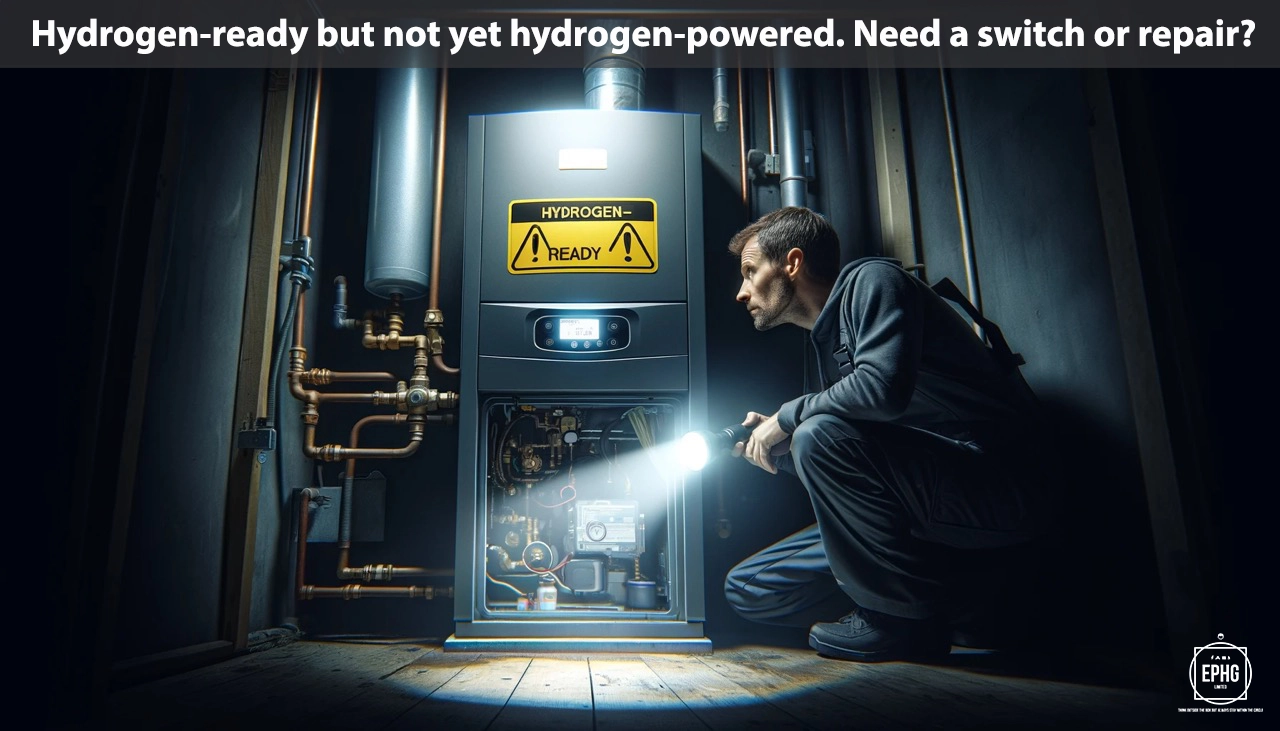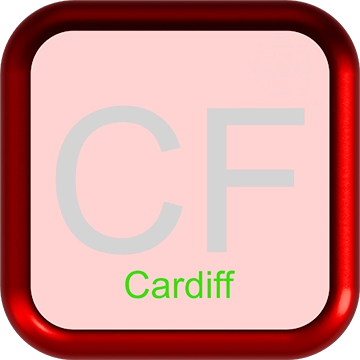
CF Postcodes for Utilities & Services in Cardiff
Introduction: The CF postcode area, encompassing Cardiff and its surrounding regions, is a vibrant hub with diverse utility needs and services. In this article, we delve into the specifics of water and electricity provision in the area, offering residents and businesses alike valuable insights into their local utilities.
Water in Cardiff
Where does the water supply come from in Cardiff, and is there ever a shortage of water?
The primary water supply in Cardiff comes from reservoirs in the surrounding valleys, such as the Taff and Ely Reservoirs, renowned for their quality and scenic beauty. These sources, combined with modern treatment facilities, ensure that Cardiff's water meets stringent safety standards before reaching consumers. Although Cardiff generally enjoys a stable supply, the area is not immune to the broader challenges of climate change, which can lead to unpredictable weather patterns and affect water availability. In response, local authorities and water management companies implement rigorous conservation and management strategies to mitigate any risk of shortage. Cardiff's infrastructure is robust, designed to manage supply and demand efficiently; however, residents are also urged to practice water conservation to ensure sustainability for future generations.
What is the hardness & quality of the water in Cardiff, and can this affect your health?
Cardiff's water is moderately hard, a characteristic influenced by the regional geology, which includes limestone and sandstone. While hard water can lead to scaling in appliances, it is not harmful to health and can contribute beneficial minerals such as calcium and magnesium. The water quality in Cardiff consistently meets all national health and safety standards, with regular monitoring to detect and address any contaminants. Although some residents may choose to use water softeners to manage hardness, the overall quality of Cardiff's water is excellent, ensuring it is safe and pleasant for daily use. Public health and safety remain priorities, with ongoing efforts to maintain and improve water standards.
Electricity in Cardiff
Where does the electric supply come from in Cardiff, and what is the future of energy there?
Cardiff's electricity supply is increasingly sourced from a combination of traditional and renewable energy forms. Historically reliant on coal due to its proximity to the South Wales coalfields, the city has been transitioning towards more sustainable energy solutions. Wind, solar, and tidal energy contributions are growing, reflecting Wales' commitment to renewable resources. Cardiff is also exploring innovative energy solutions, including the development of biomass power plants and the integration of smart grid technologies. The future of energy in Cardiff is aimed at reducing dependence on fossil fuels and embracing green energy, with plans to increase investment in renewable energy infrastructure and technologies. This shift not only aims to reduce carbon emissions but also to position Cardiff as a leader in sustainable urban development.
When is hydrogen coming to gas boilers in Cardiff?
The adoption of hydrogen in domestic heating systems in Cardiff is aligned with broader UK objectives towards a low-carbon economy. While a specific timeline for Cardiff has not been established, the city is poised to follow national guidelines and pilot projects. The transition from natural gas to hydrogen represents a significant shift towards reducing residential carbon emissions. Cardiff residents are advised to keep their gas heating systems well-maintained while staying informed about upcoming energy transitions. Local authorities are expected to provide updates and support as the infrastructure evolves to accommodate hydrogen and other green energy sources. The move towards hydrogen is part of Cardiff's wider strategy to enhance sustainability and environmental responsibility within the community.
Where Does the Wastewater Go in Cardiff?
In Cardiff, the collection and treatment of wastewater is a critical function, safeguarding the environment and public health. The city's wastewater is processed at modern facilities, such as the Cardiff Wastewater Treatment Works, where it undergoes rigorous cleaning and purification processes. These facilities are designed to handle large volumes efficiently while meeting strict regulatory standards for water quality. Following treatment, the cleaned water is released into the Bristol Channel, with careful measures to ensure that the discharge does not harm marine ecosystems. Cardiff's approach to wastewater management exemplifies the city's commitment to maintaining a clean, safe, and sustainable environment for all residents and the surrounding natural habitats.
Regions and Services:
The CF postcode covers a vast array of environments, from the dynamic urban center of Cardiff city to the scenic areas of the Vale of Glamorgan and the South Wales Valleys. Key regions include:
- Cardiff City: The core of urban development, featuring sophisticated electrical and gas infrastructures and a focus on sustainable urban living.
- Barry, Penarth, and Bridgend: Coastal towns with a blend of historic charm and modern amenities, mirroring their rich cultural and industrial heritage.
- Caerphilly, Pontypridd, and Llantrisant: Market towns where efforts towards renewable energy and sustainable services are growing, supplementing existing utilities.

Regions within the CF Postcode
Cardiff City
- CF10: Cardiff city centre, Grangetown
- CF11: Canton, Cardiff Bay, Grangetown
- CF14: Heath, Llandaff North, Whitchurch
- CF15: Pentyrch, Radyr, Taffs Well
- CF24: Cathays, Roath, Plasnewydd
- CF64: Penarth, Dinas Powys, Llandough
Surrounding Areas and Villages
- CF3: Rumney, Trowbridge, St Mellons
- CF5: Ely, Wenvoe, Fairwater
- CF31: Bridgend, Brackla, Coity
- CF32: Brynmenyn, Laleston, Maesteg
- CF33: Cornelly, Pyle
- CF35: Pencoed, Coychurch
- CF36: Porthcawl
- CF37: Pontypridd, Treforest
- CF38: Llantwit Fardre, Church Village
- CF39: Porth, Llwyncelyn
- CF40: Tonypandy, Trealaw
- CF41: Pentre, Ystrad
- CF42: Treorchy, Cwmparc
- CF43: Ferndale, Blaenllechau
- CF44: Aberdare, Cwmbach, Hirwaun
- CF45: Mountain Ash, Abercynon
- CF46: Treharris, Quakers Yard
- CF47: Merthyr Tydfil
- CF48: Merthyr Tydfil, Cefn-coed-y-cymmer
- CF61: Llantwit Major, St Athan
- CF62: Barry, Rhoose
- CF63: Barry, Barry Island
- CF71: Cowbridge, Llanblethian
- CF72: Llantrisant, Beddau
- CF81: Bargoed, Aberbargoed
- CF82: Hengoed, Ystrad Mynach
- CF83: Caerphilly, Bedwas, Trethomas
